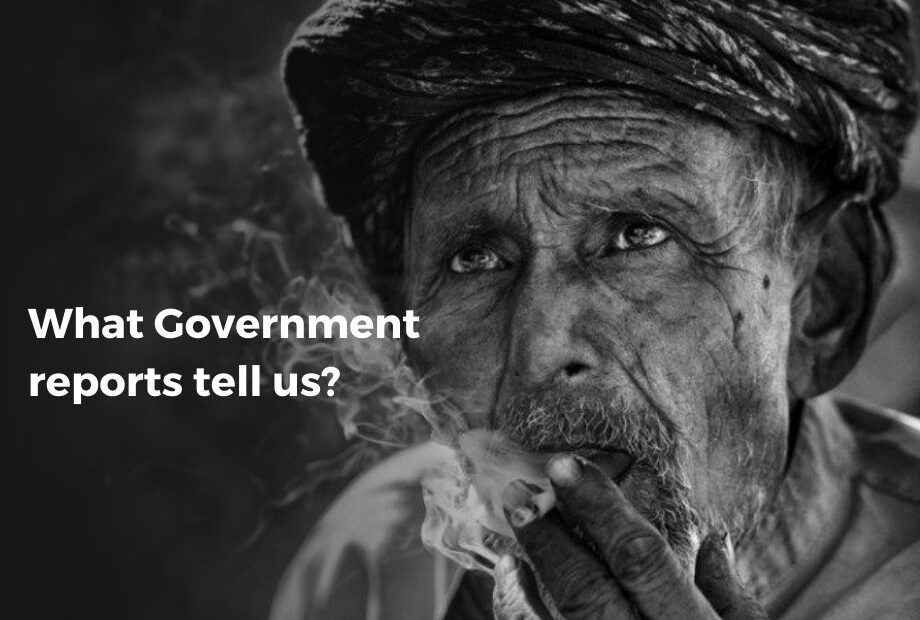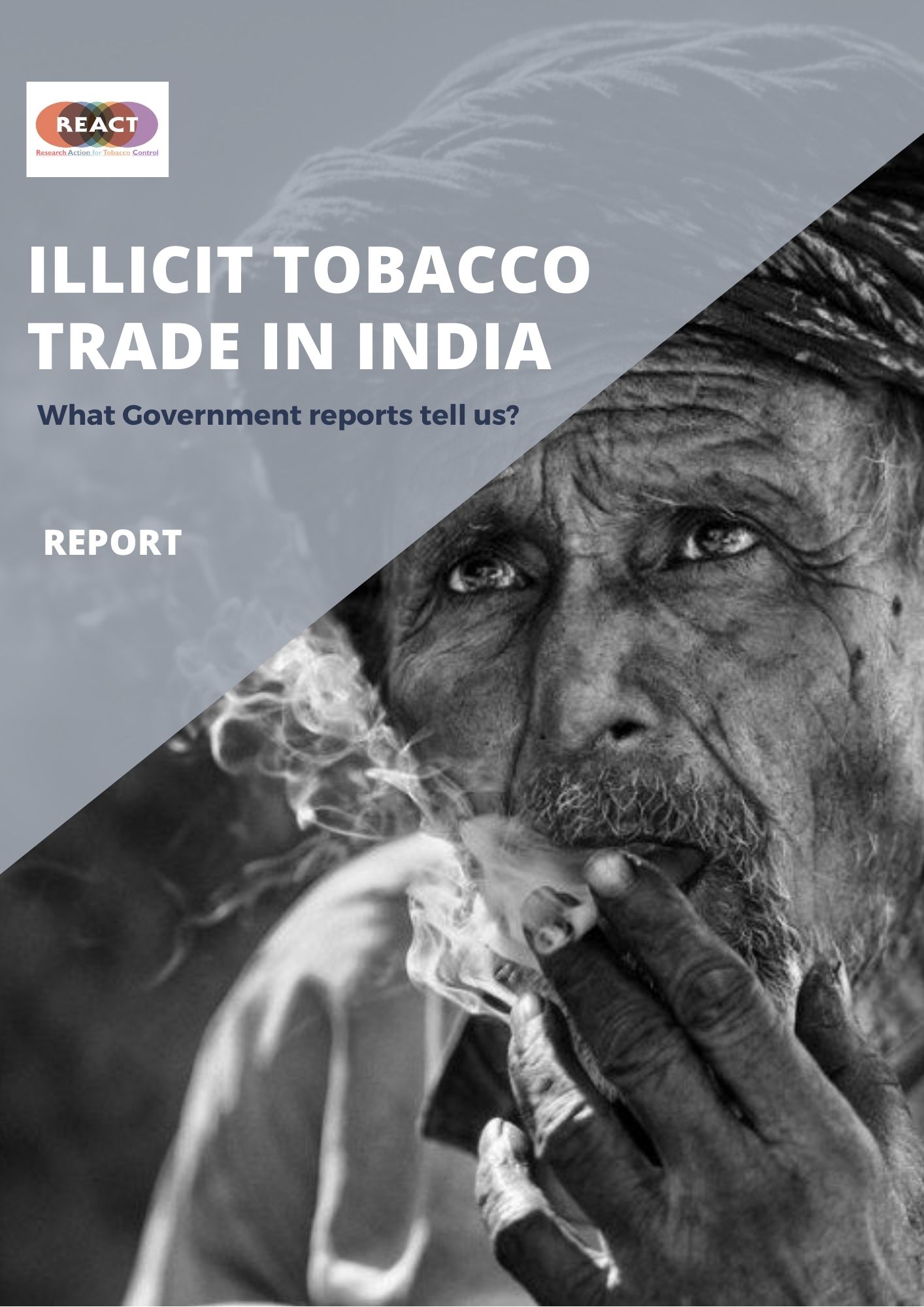Government reports find that the tobacco industry in India employs a range of legal and illegal activities including stockpiling, manipulating prices, non-disclosure of revenues, and tax evasion. The proliferation of India’s tobacco industry and trade needs a regulatory framework, and the current lifecycle of products is regulated by a piecemeal approach by multiple agencies.
To meet the dual goals of revenue generation and reducing tobacco-related disease, it is critical to reduce illicit trade of tobacco products.
How big is illicit tobacco trade in India?
We looked for and analysed tobacco-related tax violations and other financial frauds from various publicly available government documents (2009 to present). We found that illicit trade by both registered and unregistered or unlicensed entities is widespread and they deal in legal, smuggled, counterfeit and fake tobacco products.
And it is larger than ₹100 crore.
Apart from government sources, even the tobacco industry admits to widespread cigarette smuggling — A industry association like FICCI report CASCADE (Federation of Indian Chambers of Commerce and Industry- Committee on Anti-Smuggling & Counterfeiting) has said that India is the fourth largest illegal cigarette market in the world, and accounts for one-fourth of the domestic cigarette industry in 2016 . These reports do not mention illicit trade undertaken by domestic producers.
Prescription for Change
Illicit trade in tobacco is a low-risk and high-reward criminal activity in which manufacturers, traders, middlemen, traffickers and vendors make a fortune with little risk of detection or harsh punishments.
There is ample evidence that the tobacco industry, in all its varied forms ranging from large multinational to small traders; whether they make expensive cigarettes or peddle areca nut; in big cities or remote border areas; each entity has been a bad corporate citizen.
The current Good and Services Tax regime initiated in India since July 2017 has made feeble attempts to address tobacco consumption and taxation. Information given in the Indian parliament in 2020 exposes the tobacco industry’s malfeasance and Government’s failure to find and mend gaps in the new and broken GST system. The new automated reporting platforms under GST which should reduce human discretion in tax administration appeared compromised and can easily circumvent enforcement. The Government of India needs to enforce significant financial penalties and penal provisions for illicit trade in tobacco products by major tobacco companies, including criminal prosecutions as a means of deterrent.

